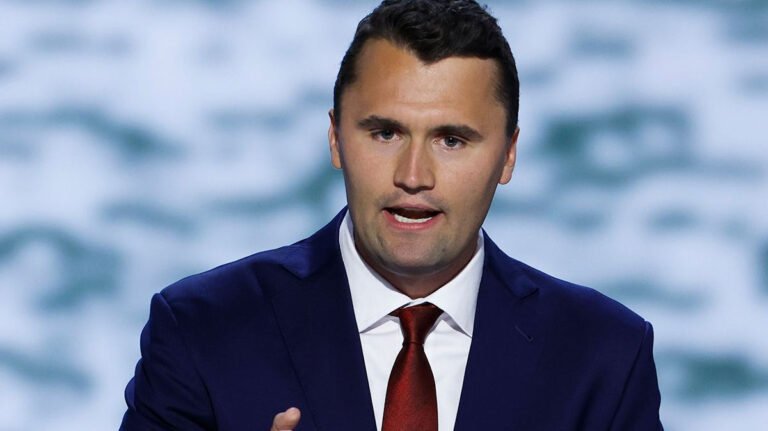WHO Sounds Alarm: Annual Suicide Toll Exceeds 700, 000 Globally! The World Health Organization (WHO) has issued an urgent warning regarding the state of global mental health, revealing that suicide claims more than 700,000 lives annually.
Eating Nuts May Boost Brain Health in Old Age, Study Finds. A new study suggests that eating nuts regularly could help older adults maintain better brain function as they age.
Global Suicide Rate!
Their latest data shows that in 2021 alone, approximately 727,000 deaths were attributed to suicide, accounting for more than one in every 100 deaths worldwide. While global suicide rates have seen a 35 percent decline since 2000, this progress remains insufficient to meet international targets for reduction.

Deborah Castel, acting head of WHO’s Non-Communicable Diseases and Mental Health Department, emphasized the far-reaching impact of each suicide, noting that “for every suicide, there are 20 attempts. These deaths end lives but also inflict lasting trauma on families, friends and caregivers.”
The crisis particularly affects young people, with suicide ranking among the top three causes of death for those aged 15 to 29. In 2021, it was the second leading cause of death for young women and the third for young men in this age group. Regional disparities are significant, with the Americas experiencing a concerning 17 percent increase in suicide rates between 2000 and 2021. Nearly three-quarters of all suicides occur in low-income countries, though wealthier nations report higher rates relative to their population, likely due to more robust data collection systems.

COVID-19 Pandemic
Compounding this tragedy, mental illnesses including depression and anxiety disorders are rising sharply. Between 2011 and 2021, mental health conditions grew at a faster rate than the global population, with over one billion people now living with mental health disorders worldwide. The WHO identifies social media pressures and the COVID-19 pandemic as major contributors to deteriorating mental health, particularly among youth.
The report highlights critical funding gaps in mental healthcare, with governments maintaining stagnant investment levels since 2017. Only 2 percent of global health budgets are allocated to mental health, resulting in severe treatment shortages. Alarmingly, just 9 percent of people suffering from depression receive adequate care.

Environmental factors shape mental wellbeing. Green spaces reduce psychological distress. They also lower suicide risk. Nature-based solutions help urban planning. They enhance mental healthcare strategies. This approach addresses today’s crisis.
Mental health is our greatest challenge. Countries must increase prevention resources. Better treatment access is needed. Support services require more funding. Comprehensive strategies should include clinical care. Social determinants must be addressed.
Natural environments provide protective benefits. Sustainable design supports mental health. These solutions are essential worldwide.








